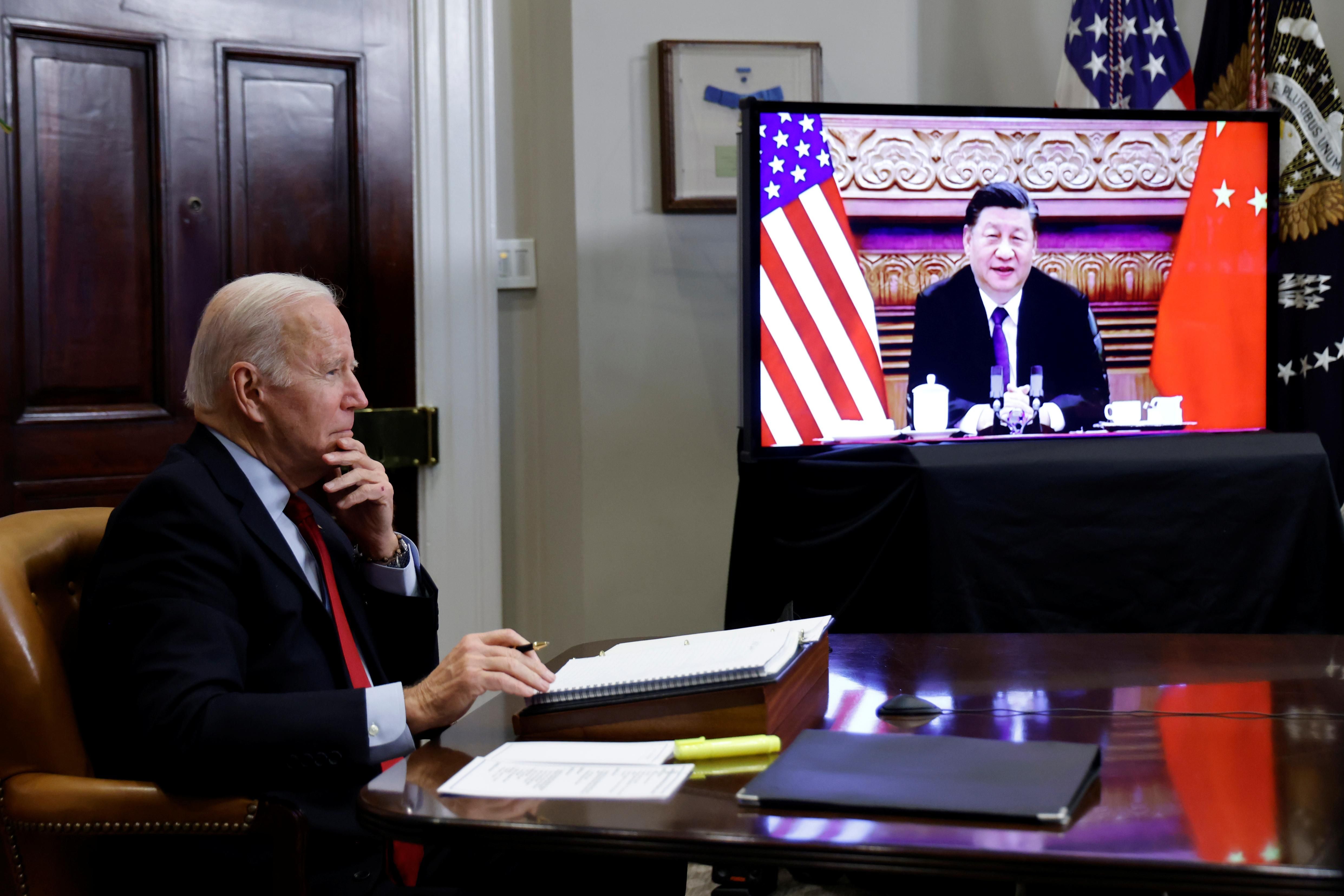Just hours ago, Joe Biden and Xi Jinping held their first bilateral videoconference together. The three-hour virtual meeting was, as expected, cordial despite sharply diverging views on many issues. (An effusive Biden even managed to elicit something between a Cheshire Cat grin and an outright smile from the famously stone-faced Xi.) Without much detail, both sides agreed to continue working together on climate following their COP26 joint pledge, and to return to normalcy on trade. On Taiwan — by far the prickliest of many prickly topics including Hong Kong and Xinjiang — Xi warned America to not "play with fire" while Biden responded that both countries are responsible for avoiding open conflict over the self-governing island. Nevertheless, the two leaders showed, at least in the brief part of the call that was open to the public, that they can deal with each other face to face in a respectful way, which puts at least some "guardrails" (the precise word Biden mentioned) on a bilateral relationship that is otherwise spiraling in slow motion toward confrontation.
More For You
In this “ask ian,” Ian Bremmer responds to the US investigation into Federal Reserve Chair Jerome Powell and why it matters far beyond interest rates.
Most Popular
In this Quick Take, Ian Bremmer breaks down the protests across Iran and how the Trump administration might respond.
If you spend a week in Ukraine, you’ll get a long list of advice. Download the air raid app. Download the power outage app. Don’t use elevators – you’ll be trapped if the power goes out. Download the map of bomb shelters. Bring batteries and portable chargers, more than you think. Take a course on how to tie a tourniquet.
